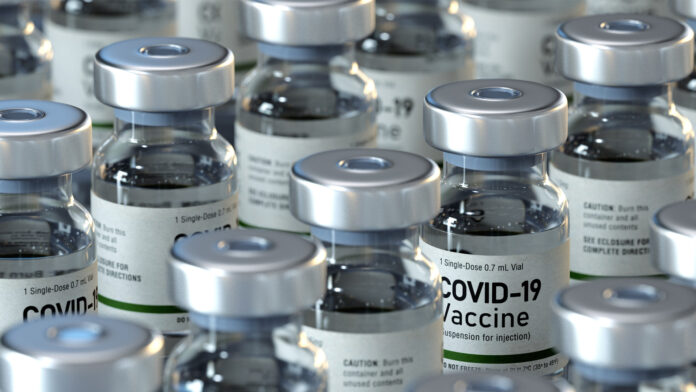Varying opinions about COVID-19 are causing negative slurs of emotions. People are debating about various safety and health concerns. Many beliefs are unfounded. Science, after all, must rule all decisions related to the vaccine.
Here are five myths about COVID-19 that you should know.
1. “Vitamin C can fight COVID”
Vitamin C is scientifically proven to help boost your immune system. But there is no scientific evidence that it can fight the coronavirus. Experts from the Linus Pauling Institute at Oregon State University explained that although high doses of vitamin C might help alleviate COVID-19 symptoms, regular vitamin C supplements are very unlikely to help people fight off infections with coronavirus.
2. “Vaccines take at least 5 years of study or more before it can be proven safe”
Comments have been circulating in social media about how the vaccines are being rushed and humans are being used as “guinea pigs” when vaccines are already at the final stage of efficacy testing. A vaccine trial does not usually take five years to test for safety and efficacy. Vaccine efficacy is based on clinical trials and scientific studies and not on how long it was formulated. Moreover, vaccines undergo rigid regulatory measures and safety precautions before being distributed.
3. “Herbal remedies can help fight COVID”
This myth is particularly famous to the elderly especially in Asian households. However, experts warn that herbal concoctions can lead to more harm than healing. Despite claims that herbal medications can cure multiple illnesses,, all these are myths unless proven under clinical trials. Author Yichang Yang — from the Department of Traditional Chinese Medicine at the Second Affiliated Hospital of Zhejiang University School of Medicine in Hangzhou, China — said that the mechanisms through which herbal drugs work on the body are often unclear, which can be life threatening.
4. “Masks can can cause carbon dioxide poisoning”
This myth originated from the idea that when you are wearing a mask, you are rebreathing carbon dioxide. Masks serve as a barrier for potential infections. There has not been a single record of evidence in history that masks can cause carbon dioxide poisoning. One good example are surgeons who wear heavier-duty face masks all-day. Carbon dioxide molecules are far smaller than the coronavirus which masks are designed to block.
5. “Masks deprive the body of oxygen”
Masks do not deprive the body of oxygen. Although it is not advisable to wear masks while doing physical activities, it does not support the claim that masks suffocate people. For proper usage of masks, the World Health Organization (WHO) advises, “while wearing a medical mask, make sure it fits properly and that it is tight enough to allow you to breathe normally. Do not reuse a disposable mask and always change it as soon as it gets damp.”
Myths can lead to danger. In these trying times, keep yourself and your family safe by consulting experts or relying on credible sources in matters or health.


